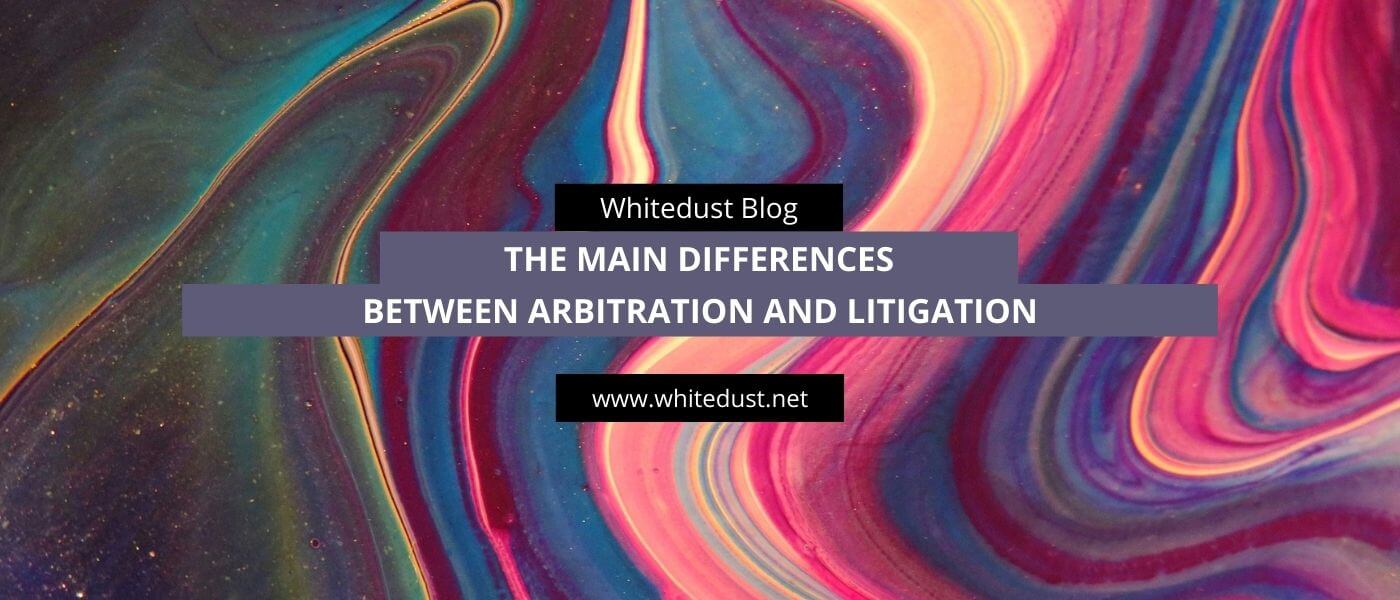When two parties in a contract find themselves in a dispute and cannot find a middle ground, they usually turn to courts to resolve the issue. However, depending on the contract’s language, sometimes the parties don’t have the option of litigation and have to resolve the matter through arbitration.
By adding a dispute resolution clause in the contract and by defining how it will be resolved, parties can resolve their matter through arbitration. The party that devises the contract must do an analysis of arbitration vs litigation and then write the dispute resolution clause accordingly. Once the parties have agreed on arbitration, they won’t have the legal right to file lawsuits against each other.
Arbitration is the preferred option for many individuals and companies, and there is a good reason behind that. If you are wondering why you should choose arbitration over litigation, then you have stumbled on the right blog. Below I have mentioned some of the main differences between arbitration and litigation that will help you understand why people prefer one over the other. Let’s take a look:
Arbitration is Not as Expensive and Litigation
One of the main reasons people prefer arbitration over litigation is that it is affordable and doesn’t milk your money like litigation. When you are dealing with litigation, your lawyer has to do several court filings, hire witnesses, and even bring outside consultants and investigators on board to help move things forward. Some conflicts might also require investment in the beginning, and that can also be extremely annoying.
On the other hand, discovery is limited in arbitration most of the time, which makes the entire process much cheaper. The arbitrators don’t need to spend as much time as litigators on the case, which makes things straightforward. There are also fewer filings and hearing, which makes the process affordable.
Public Vs. Private
If you are choosing the path of litigation, then you must keep in mind that however the case proceeds, it will be public knowledge. The proceedings of the court will go in the records, and anyone would be able to access the details of the case.
On the other hand, when it comes to arbitration, the report of the decision won’t be made public. Both parties will be allowed to come to a mutual agreement in private. The results of the case would still be made public, but no one has to know the details of the case.
In case of litigation, parties can attract media attention which could damage the case badly.
Arbitration Produces Quick Results
If you file a lawsuit today, the chances are that you won’t be able to get a trial for at least 18 months. In fact, in some cases, you might have to wait for 36 months just to get to the trial. It also depends highly on the lawyers involved in the case and how they are dealing with things. When lawyers don’t play nice, things get delayed, and the case lasts longer.
Arbitration moves much quicker than litigation, and you, the parties, can reach a result within a few months. As it is not as formal as litigation, you won’t have to put up with delays that are caused by minor mistakes.
Appealable vs. Non-Appealable
Apart from being slow in pace, litigation isn’t really finally even when the judgment has been passed. The reason behind that is most decisions made by a magistrate or judge are appealable, so the second party doesn’t feel robbed. This makes litigation a risky option because if you are not able to see results even after months of waiting, you would have just wasted your resources and efforts.
On the other hand, arbitration is final, and once the decision has been made, no party would have the right to appeal.
Flexibility
Arbitration is also much more flexible because the participants get to have a say in how their case is being treated.
For example, it is very rare for the parties to choose their own judge in terms of litigation. In arbitration, the participants have the right to choose their arbitrators. As long as both parties are agreed on the arbitrators, there won’t be any conflict.



